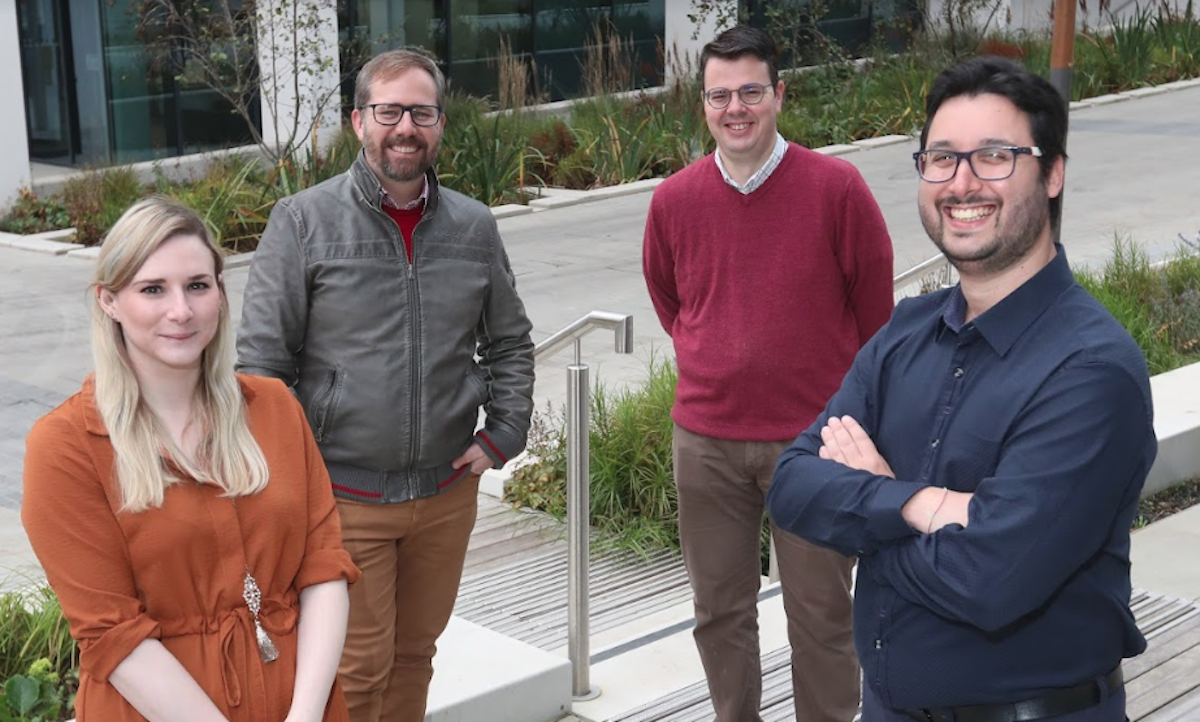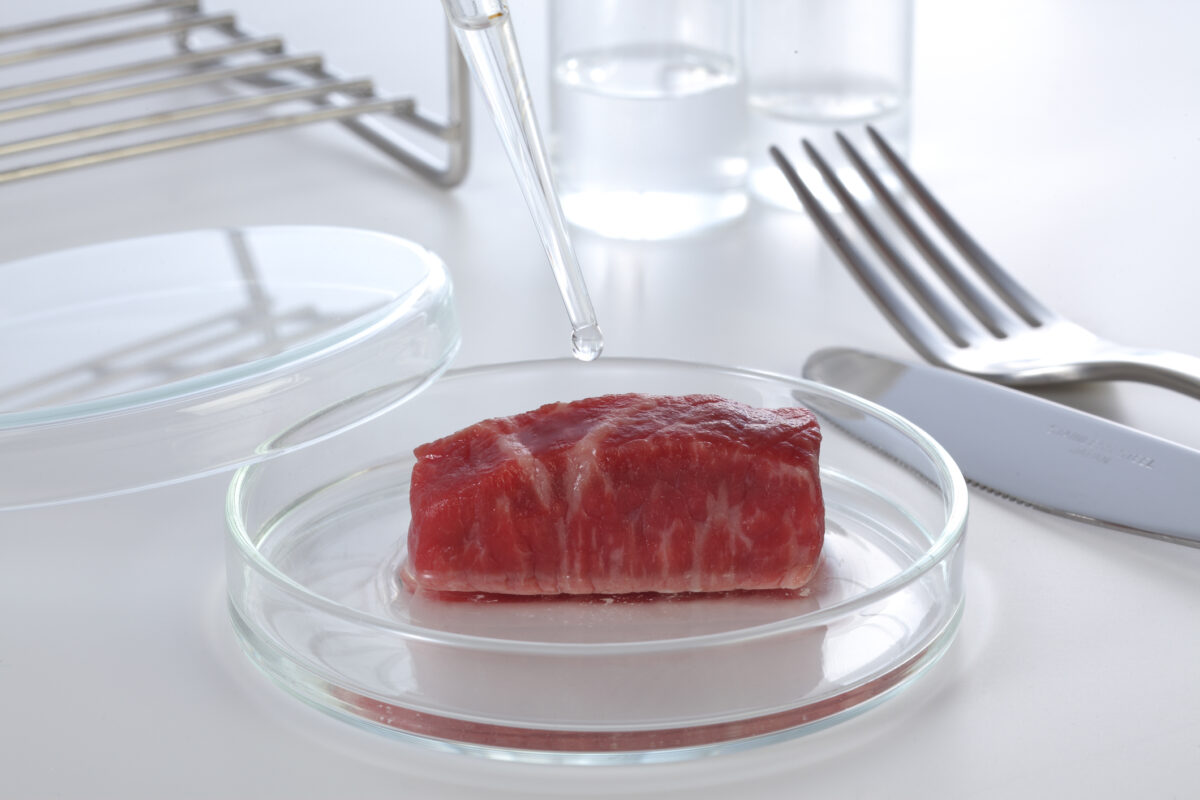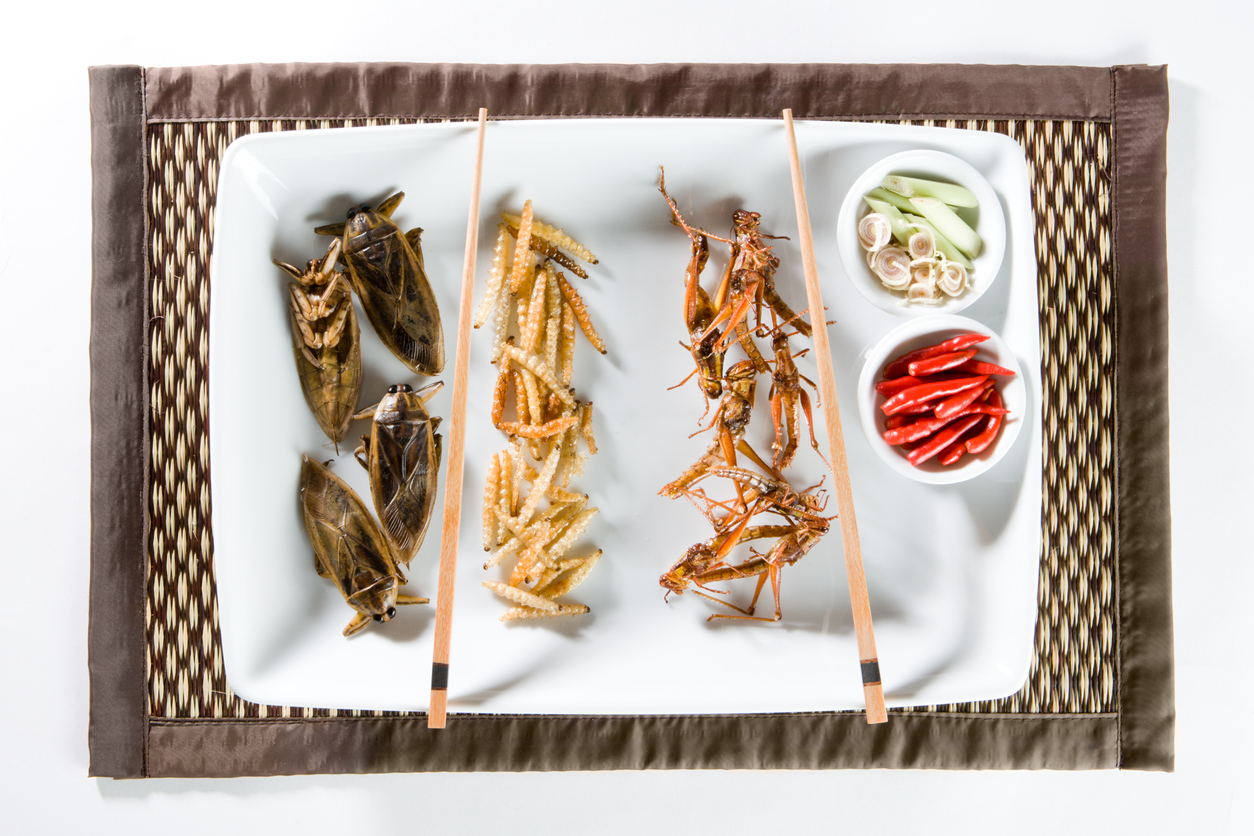Licence-free cell banks launched to support cultivated meat research as UK reviews novel foods regulations

Extracellular – a Contract Development and Manufacturing Organisation (CDMO) working with cultivated meat – has launched inexpensive, licence-free cell banks designed to boost innovation in the UK cellular agriculture sector.
The cell banks contain primary cells that can be used for cultivated meat research. Sourcing animal primary cells is expensive, says Extracellular, and these cells often tend to be of bad quality. In addition, current licensing or commercial agreements make it difficult for cells to be used for research purposes.
The CDMO says its high-quality animal primary cells are up to 90% cheaper than other cell line providers and carry no licensing restrictions.
Extracellular’s initiative is designed to support early-stage companies and researchers working in the cultured meat sector, giving them access to cells isolated from the fat, muscle, and bone marrow tissues of pig, cow, and lamb. Each batch will include information on the cells origin, including the age, breed, and sex of the animal, as well as the passage numbers (the number of times a cell has been transferred from a previous culture into a new growth medium) and expected population doubling times. More animal species and tissue types are expected to be launched in the future.
Dr Will Milligan, co-founder and CEO of Extracellular, said in a statement: “Primary cells are the building blocks for cultivated meat research, but good cells are too hard to access for many researchers in industry and academia. By bringing our cell banks to market, we hope more researchers can develop new cell lines, media formulations, processes and technologies, without restrictions from licensing or commercial agreements.”
Backed by funding from Innovate UK, the CDMO’s project was developed in collaboration with low-cost growth media producer Multus, who provided protocols and essential materials to de-risk the project, as well as independent quality control for cell identification, cryopreservation (where cells and tissue are frozen to preserve them over a long period without any damage), and growth characterisation.
Cai Linton, CEO of Multus, added: “I am excited to see the impact that this collaboration with Extracellular will have on the cultivated meat industry in the UK. Multus looks forward to working with academic researchers and cultivated meat companies to develop innovative technologies that will drive this industry forward using the cell bank as an enabling resource.”
Extracellular also worked with local farmers and the University of Bristol’s Veterinary School to gather tissue samples for the cell banks.
As part of the project, the CDMO will collaborate with other organisations to develop effective data sharing around cultivated meat research. As Dr Kiren Baines, co-founder and CSO of Extracellular, explained in a statement: “We wanted to create cell banks that came with an extensive data pack, and that’s what we’ve done. We’ve characterised our cell banks to make sure researchers understand the quality of the cells we’re providing. Our banks also allow researchers to compare species, tissue types, and even tissues from the same animal to understand the details behind delivering a fantastic cultivated meat product.”
Seren Kell, Senior Science and Technology Manager at the Good Food Institute Europe added: “Increasing the availability of cell lines will be crucial to help researchers and companies develop the innovations needed to bring down the cost of this more sustainable way of making meat. The creation of a licence-free cell bank is exactly the kind of collaborative approach needed to help the UK accelerate this growing field, while the involvement of farmers demonstrates how agricultural communities can benefit from a transition to sustainable proteins.”
The licence-free cell banks will be available to early-stage companies and researchers working in the UK cultivated meat field from July 2023.
The news marks significant progress for cultivated meat development in the UK. Earlier this month, a report from Deloitte commissioned by the Food Standards Agency recommended several changes to the UK Novel Foods Regulatory Framework, to encourage accelerated innovation in the country. One of its suggestions includes ‘Developing similar food safety standards with other international regulators to share evaluation resources and potentially reduce risk assessment costs for food regulators.’ It also recommends allowing food business operators to carry out tastings under strict conditions to help them understand how consumers will respond to their products. The report also advises the FSA moves away from a single point of authorisation for novel foods and instead group similar applications together into high/medium/low risk cases, which would provide a clearer route for different novel technologies. With Britain no longer a part of the EU, the UK has the scope to develop its own novel food regulations, if cultivated products – or other novel foods – developed in the country are sold within the UK only. Ingredients sold to Europe are still subject to the European Commission’s novel foods regulation.








